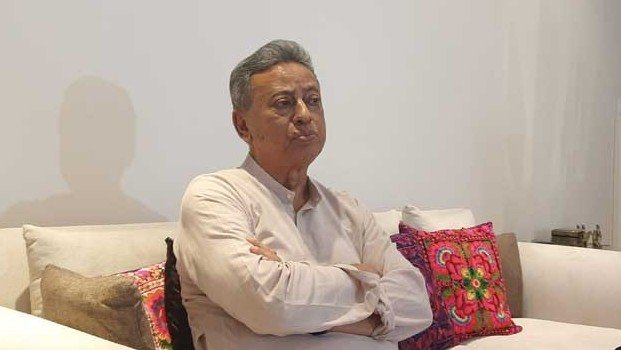BNP leader Amir Khasru Mahmud Chowdhury has said that the US decision to reduce tariffs on Bangladeshi exports from 35% to 20% is a “satisfactory” step for now.
Speaking to reporters at his home in Gulshan on Friday, the former commerce minister said, “This is not a win or loss. Compared to our competitors, we are now in a better position.”
He said that Bangladesh now faces the same tariff as countries like Vietnam and Sri Lanka, which makes it fair for Bangladeshi exporters.
However, he also said that the full impact of this decision is not clear yet. “We only know the new tariff rate. We still don’t know what we had to give up in return. Once we have all the details, we can give a better opinion.”
The US has also reduced tariffs for other countries—Sri Lanka’s rate dropped from 30% to 20%, and Pakistan’s from 29% to 19%. For Vietnam and India, the rates now stand at 20% and 25%.
Khasru said trade deals often include other conditions. “The lower tariff may be part of a bigger deal involving US exports or other terms. We need to know everything before making a full judgment.”
When asked if this would help exporters, he said, “At 20%, the tariff won’t hurt our exports right now. So, it’s a good result for the moment.”
But he warned that many things are still unknown. “We must look at the full picture to understand what this really means for our economy.”
He was also asked if the tariff cut is related to Bangladesh’s recent plan to buy 25 Boeing aircraft from the US. He replied, “The US wants to increase its exports. That’s why they use these tariffs. But we need to think about how much pressure our economy can take.”
Khasru said the government should explain the deal clearly and review Bangladesh’s trade situation with other countries too. “We must diversify our exports—both in products and markets—so we don’t depend too much on just one country.”
He added that to meet future challenges, Bangladesh must improve its business environment and carry out economic reforms.
“We need change—through reforms and better policies. That’s the path forward,” he said.



